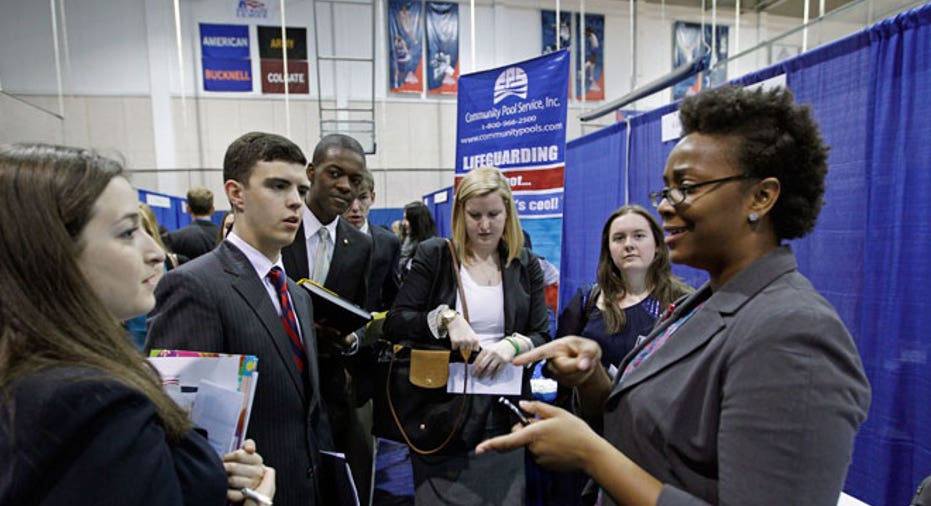Is 30 the new 20? What Young Adulthood Looks Like in the New Economy

The financial crisis changed a lot of things: the labor market, housing, consumer spending and saving habits and the nature of psychological development.
Young adults are increasingly moving back home upon graduation and delaying their transition into what is traditionally considered adulthood. A recent Clark University Poll of Parents of Emerging Adults found that 38% of parents have grown children living at home. However, Clark University professor Jeffrey Arnett and author of When Will My Grown-Up Kid Grow Up?, notes that there is a common misconception about how parents feel about their boomerang children. The poll found that 61% of parents claim that having their children back is a "mostly positive" experience and 73% report having “mostly positive” relationships with them.
As a result of the changing times, Arnett asserts that “a new life stage has developed in the last half century.” This new category includes those aged 18 to 29 and is characterized by the delayed transition into a stable life, which includes marriage, parenthood and careers. Essentially, 30 has become the new 20.
Arnett points out that the social revolutions of the 1960s and 70s were the catalyst for this new life stage. The idea of going to college became more popular and in particular, more women started pursuing college degrees and delaying marriage. These trends, along with the fact that we now live in a more complex society where advanced education, training and specializations have become a requirement for middle-class jobs has created this shift in young adult development.
Whether it’s you, your child, or someone you know, the following are some things to consider when confronted with the pains of emerging adulthood and entering the workforce:
Education Takes Time. As our economy becomes increasingly more globalized and technology advances, the need for specialized skills will become more of a norm. We are moving toward an information-based economy and away from manufacturing, meaning education is a critical advantage.
That being said, education takes time. College typically takes four or five years, and graduate school or any other continuing education and specialized training programs can add several years beyond that. This in mind, Arnett points out that it takes roughly three to five years to get settled into a long-term career after completing post-secondary education, so it’s no wonder the transition to adulthood is taking longer.
Good Things Come to Those Who Wait. When it comes to marriage, waiting might pay off. Research has shown that couples who marry young have higher divorce rates. Also, some research suggests children of young parents have more economic struggles later in life.
When it comes to careers, getting it right isn’t easy, but it is worth it. Those who spend the time pursing an education typically find their way into long term careers nearly three times faster than those who enter the workforce after high school.
Have a Plan with a Capital “P”. The boomer generation set out to raise their kids to believe they could do anything and be anything they want. As a result, the current crop of emerging adults tends to have higher expectations about work and their potential for career accomplishment, which can be dangerous.
The Clark University poll found that 89% of emerging adults agree with the statement “I am confident that eventually I will get what I want out of life.” Arnett warns that it’s important to be pragmatic when setting expectations and worries that young people may be aiming too high without any real thought on how to actually obtain their goal.
He suggests parents encourage their emerging adults to craft a plan with well-defined tangible goals. Dreams are great, but they take hard work and dedication to make them a reality.
We live in a complex time, and Arnett says “rapid social change is always unsettling” and it can also be disorienting. He recommends being patient, making a plan, and keeping in mind it’s only temporary.



















